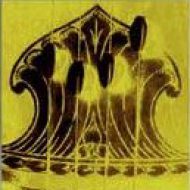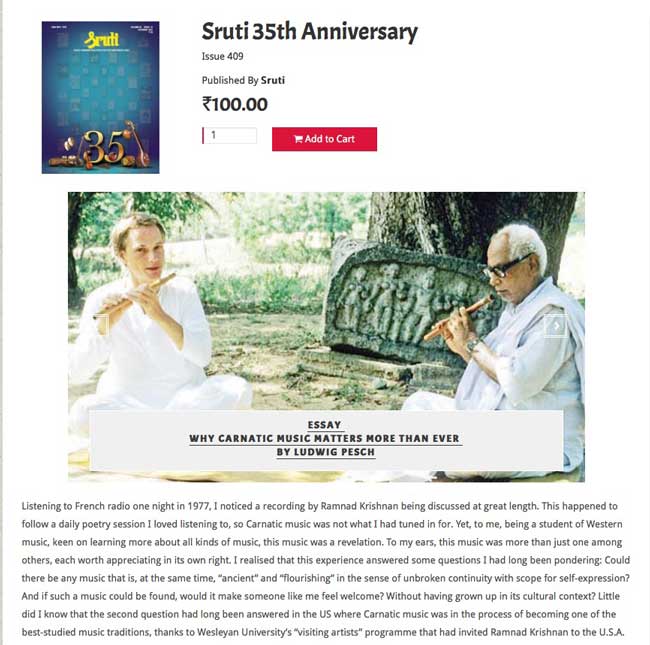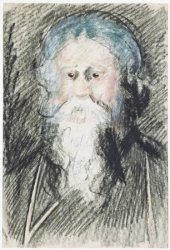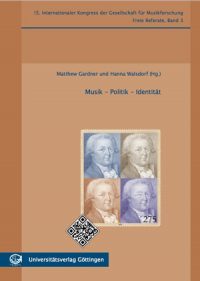To listen to the educational resources shown below, click here >>
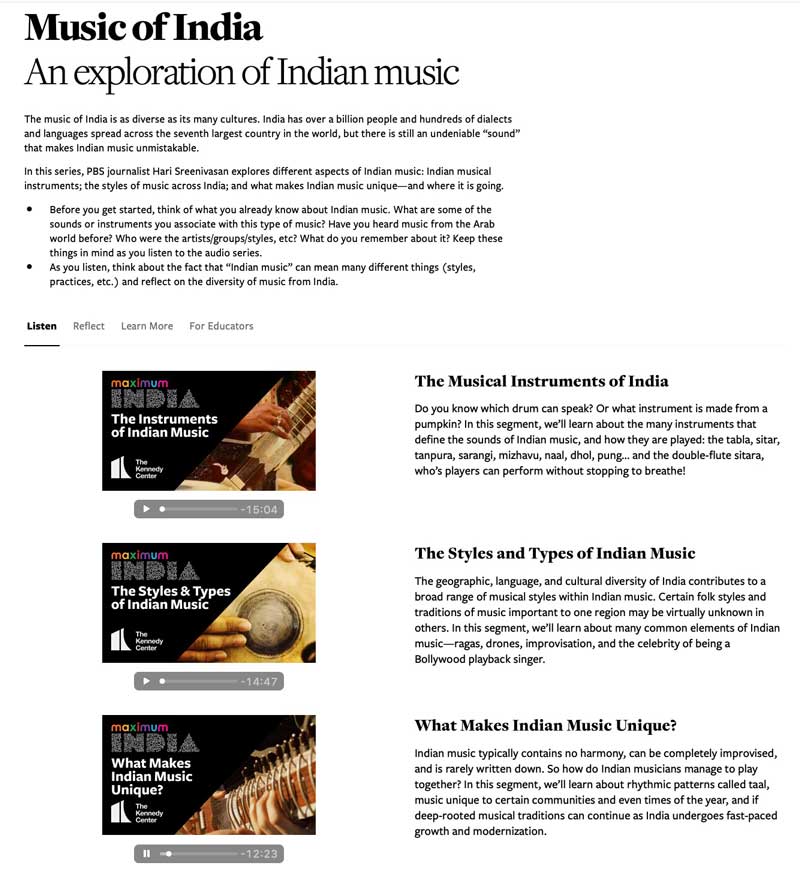
Source: Music of India, An exploration of Indian music
URL: https://www.kennedy-center.org/education/resources-for-educators/classroom-resources/media-and-interactives/media/international/music-of-india/
Date visited: 2 August 2021
Related post
“Sampradaya is like a broad river and the bani is a tributary”: Umayalpuram Sivaraman on his 75 years of performance >>
Information about the persons, items or topics
- Find song lyrics
- Research & Custom search engines
- The Oxford Illustrated Companion to South Indian Classical Music
- Suppliers of books & musical instruments
Learn & practice more
- A brief introduction to Carnatic music (with music examples and interactive map)
- Free “flow” exercises on this website
- Glossary (PDF)
- Introduction (values in the light of modernity)
- Video | Keeping tala with hand gestures: Adi (8 beats) & Misra chapu (7 beats)
- Voice culture and singing
- Why Carnatic Music Matters More Than Ever
- Worldcat.org book and journal search (including Open Access)
